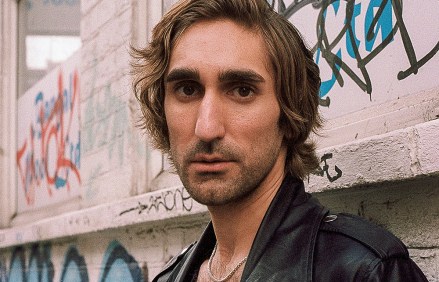The desperate desire to belong: England is Mine, by Nicolas Padamsee, reviewed
As Nicolas Padamsee’s thrilling debut novel England is Mine hurtles towards its climax, its principal character, David, readies himself for an important mission. A teenage victim of bullying, he has been slowly drawn into a world of online extremism. After making a purchase through the dark web, he is determined to become a hero in the underground network in which he is now enmeshed. In the same borough of East London, David’s one-time tormentor Hassan is about to leave the house. Having drifted away from his pot-smoking childhood friends, Hassan volunteers at his local mosque and is on the brink of signing an Esports contract that will turn his passion




